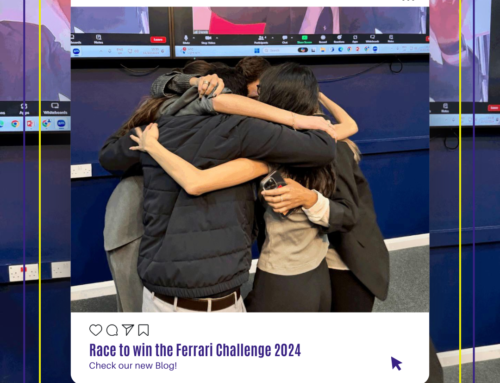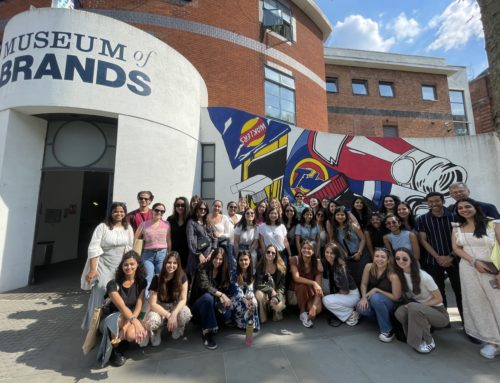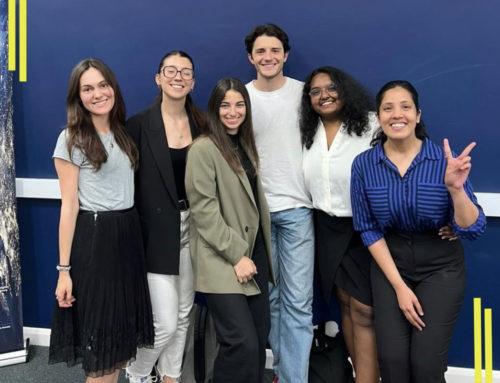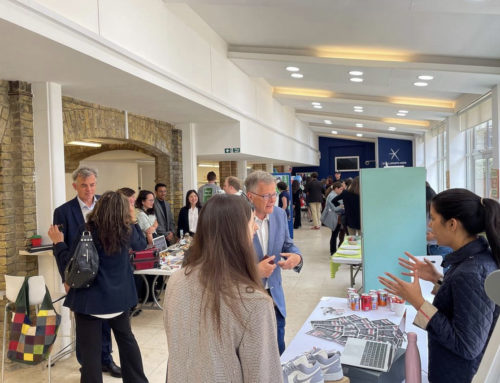Constructing and Marketing Beauty in Indonesia: An Interview with Dr Jeaney Yip

Exploring female beauty through skin care advertisements and its visual representations for Indonesia’s emerging middleclass.
What’s your research on beauty about?
This research in collaboration with Associate Professor Susan Ainsworth from the University of Melbourne, aims to understand how beauty is constructed and marketed in a developing country, Indonesia. An understudied context, Indonesia is an industrialising and increasingly global country with a sizable emerging middle class that is the largest in Southeast Asia. We explore how advertisements illustrate the complexity of cultural ideals of beauty in this setting.
Why did you decide to research this topic?
Middle class consumption is gaining momentum in the emerging markets of Indonesia. And one of the manifestations of this trend is an increase in the demand for beauty and personal care products. The globalisation of this industry often results in a narrow representation of beauty standards that privilege youth and white/fair skin reflected in Western, but also increasingly Asian, brands. Yet there is much cultural diversity within the Asian subcontinent and South East Asia and any marketing and branding strategies will reflect those diverse contexts. We are interested in finding out more about what form this takes in the world’s largest Muslim country. How are these beauty ideals represented through advertising in ways that resonate with Indonesian middle class lifestyle aspirations yet also reflect the unique Indonesian cultural context?
What did you find so far?
Certainly whiteness features heavily in beauty advertising in the Indonesian market but so too does nature. Beauty has long been closely associated with nature in Indonesia as it is a nation with bountiful produce, herbs and spices. Yet these associations between beauty and certain vegetables, fruits and flowers also reflects an increasing contemporary global aversion towards chemicals. This presents a paradox to the beauty industry because beauty marketers need to respond to consumers’ desire for ‘natural’ products as well as their demand for quick results. We found that nature was referenced in a variety of ways ranging from native Indonesian flowers to Korean natural ingredients. But overall, nature and naturalness in this context was a way of straddling tradition and modernity. The traditional kind of naturalness that has long been part of Indonesian beauty brands and regimes, appear to be competing with the modern and maybe even a Westernised form of naturalness that is part of a global healthism trend.
Whiteness is a prevalent theme in Asian consumer culture but is not as simple as it seems. Marketers have capitalised on the high value placed on white and fair skin in Asian markets (including Indonesia) to the extent that it has become a ‘normal’ feature of many products ranging from facial washes to deodorants to body lotions, becoming associated with beauty and even success. But whiteness is complex -there is no one version and the meaning of it varies depending on its context. In this study we examine its nuances in Indonesia connecting it to issues of race, colonialism and modernity.
What are the (potential) implications of your work for practitioners?
We are hopeful that our critical stance in doing this beauty research will provide insights to practitioners on how to represent and market beauty in a more ethical and authentic way. Being cognisant of how dominant beauty ideals set the precedence for a potentially harmful hegemony that privileges certain ideals is a start. Even associating beauty with empowerment and self-esteem issues (which is the latest trending practice) relies on the premise and gendered assumption that women suffer from these issues, and therefore require your brand of skincare/beauty product to fix this problem. Problematising genuine emotional issues such as self-esteem and offering a skin care/beauty product as the solution underestimates the level of intellect that women possess and simply magnifies the gendered biases which marketers and advertisers co-contributed in the first place. While many women like and want to use beauty products, beauty brands should be supporting and promoting that in an honest, authentic way and seek to develop genuine relationships with women.
Useful links:
MSc in Marketing and Creativity
Creative London Summer School





